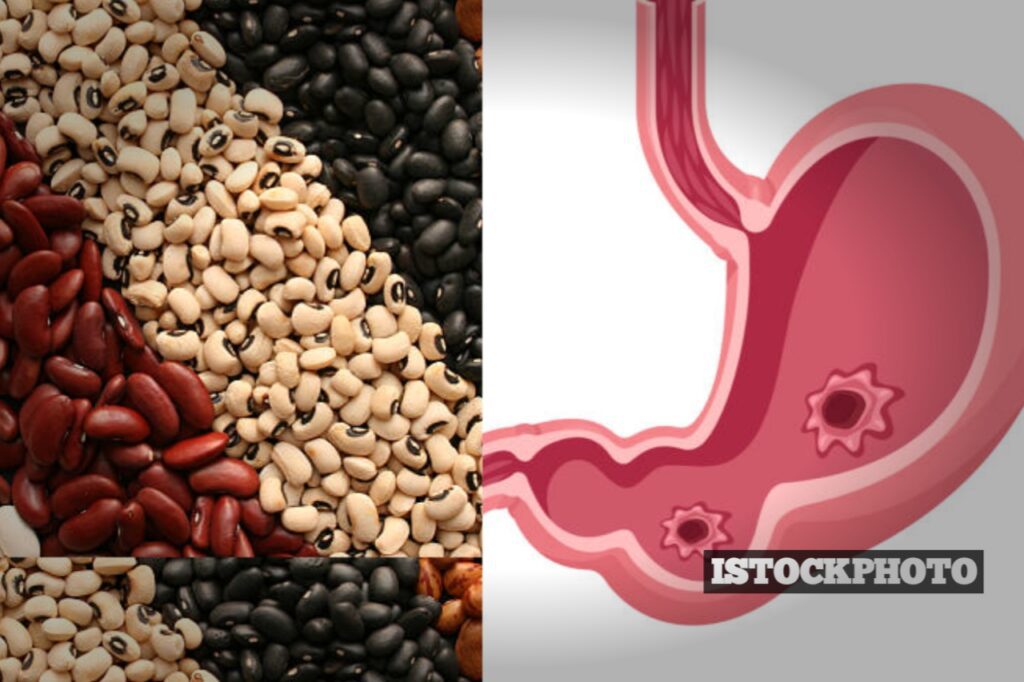Shawarma, a popular Middle Eastern street food, is made by stacking strips of meat (such as chicken, lamb, or beef) on a vertical spit and slow-roasting them. The meat is then shaved off and served in a pita or wrap with vegetables and sauce.
Does Shawarma Cause Weight Gain?
Does Shawarma Make You Fat? While shawarma can be a delicious and satisfying meal, it’s important to consider its potential impact on your weight. Many people wonder if shawarma can cause weight gain, and the answer is: it depends.
Like any food, shawarma has the potential to contribute to weight gain if it’s consumed in excess. Shawarma typically contains high levels of fat and calories, especially if it’s served with sauce and toppings like cheese and mayonnaise. Eating too much of it can lead to an excess of calories, which can cause weight gain over time.
However, this doesn’t mean that shawarma is inherently unhealthy or should be avoided altogether. The key to enjoying shawarma without worrying about weight gain is moderation. When eaten in moderation as part of a balanced diet, shawarma can be a delicious and satisfying meal.
One way to enjoy shawarma without overdoing it is to choose leaner meats, such as chicken or turkey, and to skip the high-calorie sauces and toppings. You can also opt for a shawarma bowl or plate, which allows you to control the portion size and make healthier choices when it comes to sides and toppings.
Additionally, shawarma can be a great source of protein and other nutrients, such as vitamins and minerals, when eaten as part of a balanced diet. So, while it’s important to be mindful of the potential for weight gain, shawarma doesn’t have to be off-limits. With a little bit of planning and moderation, you can enjoy it as part of a healthy and balanced lifestyle.
Shawarma has the potential to cause weight gain if consumed in excess, just like any other food. However, this doesn’t mean that it’s unhealthy or should be avoided altogether. By making smart choices and practicing moderation, you can enjoy shawarma as part of a balanced diet and maintain a healthy weight.
Side Effects Of Shawarma
Remember to choose lean meats, skip the high-calorie sauces and toppings, and control portion sizes to minimize the potential for weight gain. And, as always, be sure to consult with a healthcare professional if you have any concerns about your diet or weight.
One potential side effect of shawarma is weight gain. Shawarma is typically high in fat and calories, especially if it’s served with sauce and toppings like cheese and mayonnaise. Eating too much of it can lead to an excess of calories, which can cause weight gain over time.
Another potential side effect of shawarma is indigestion or stomach discomfort. Shawarma is often made with processed meats, which can be difficult for some people to digest. In addition, the combination of meat, sauce, and toppings can be heavy and rich, which can lead to indigestion or stomach discomfort in some people.
Furthermore, shawarma can also be a potential allergen for some people. Shawarma is often made with wheat-based ingredients, such as pita bread, which can cause allergic reactions in people with gluten sensitivity or celiac disease. In addition, shawarma may also contain common allergens such as nuts or dairy, depending on the sauce and toppings that are used.
It’s important to note that not everyone will experience these side effects after eating shawarma. However, if you’re concerned about the potential risks, it’s always a good idea to talk to a healthcare professional before trying it. Additionally, you can minimize the potential for side effects by making smart choices, such as choosing lean meats and skipping high-calorie sauces and toppings.
[starbox]



